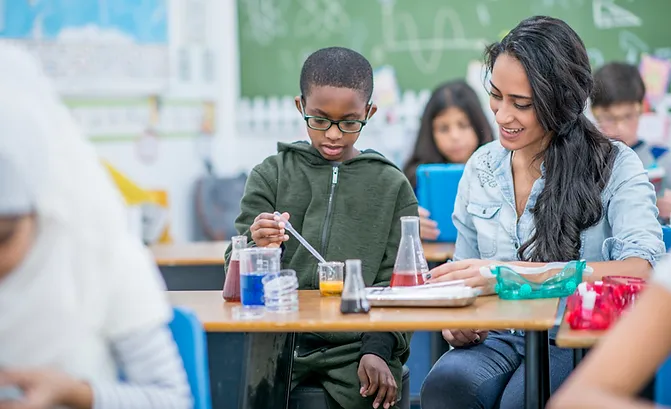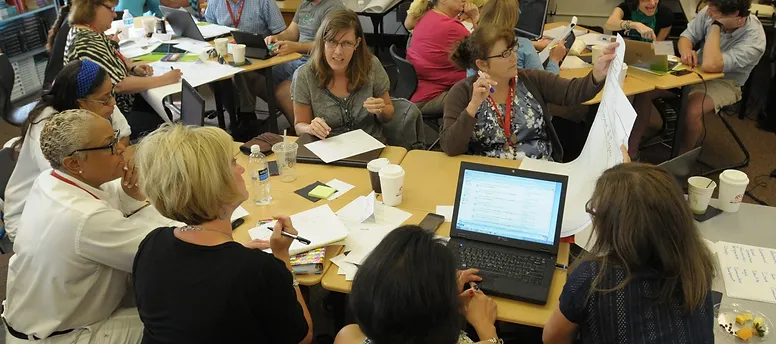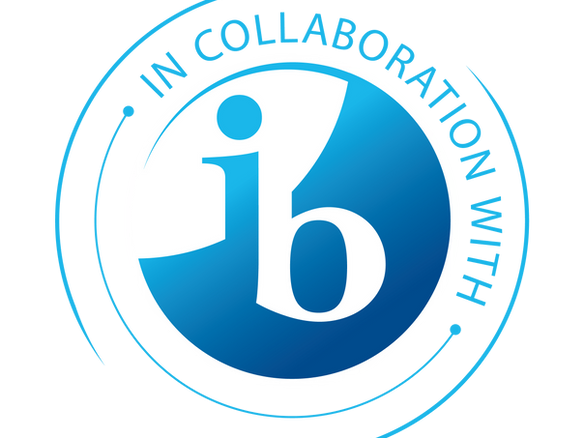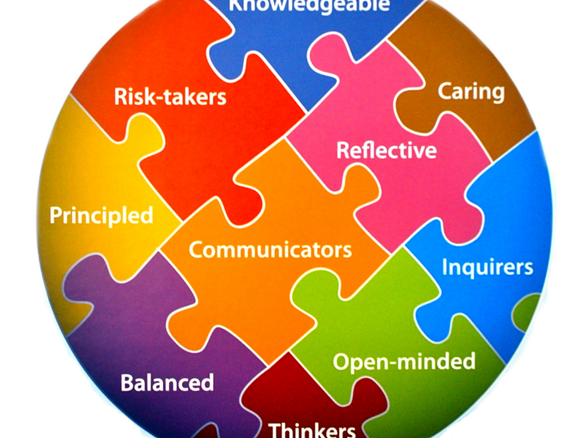Updated: Nov 30, 2021
This is the first post in a four-part series titled “The Education our Students Need”. In this series, the following questions will be explored:
1- Who do we want our students to be to be prepared to succeed in today’s world?
2- What do students need to know (knowledge) to be successful today and in the future?
3- What do students need to be able to do in order to be prepared in today’s world?
4- How do we design education that meets these needs? (attributes, knowledge, abilities/skills, educational program design).

The global pandemic has changed our world in both an immediate sense and longer term in our thinking about how we will live and work going forward. This four-part series will explore the “pandemic push” that may cause educators and parents across the globe to question what is the education that our students need to thrive in their current and future educational, personal, and professional life journeys?
How could a virus that emerged a few short months ago affect businesses, healthcare, churches, travel, entertainment, sports, schools, families, and students all over the world? A new world context characterized by terms like uncertain times, front line heroes, social distancing, and essential businesses has emerged. Advertising messaging has shifted to “we are here for you” campaigns, and themes addressing loneliness, mental well-being, distance learning, working from home, protecting the most vulnerable and oneself, and the sharing of finite resources.
Our current global context leaves no doubt about the importance of an education that equips students to navigate a world where events and circumstances across the globe change rapidly and drastically, impacting their lives, learning, and well-being. What does that look like for them? What do they need to know and know how to do? How will we respond as educators?
The Who?
Battelle for Kids’ Partnership for 21st (P21) Century Learning states that every education leader needs to ask “What are the hopes, aspirations, and dreams that our community has for our young people?” This prompts partner questions such as, Who do we aspire for our students to become so they may be prepared to succeed in today’s world? What are the character attributes that will help them to face multi-faceted technology advances and a globalized world? If we can define the characteristics that we hope for our students to develop and keep them as the central tenets of our plans, whether those plans are school-wide, classroom-specific, social-emotional care, or extracurricular activities, we will have a student-centered approach. When we see our students, even in a virtual setting, we will be reminded of our purpose.
In our own Education sphere, various lists have been created to define the attributes students will need to be successful in the 21st century:
The National Education Association, also a founding partner with P21, lists Four C’s, the skills needed for success: critical thinking, communicators, collaboration, and creativity.
The International Baccalaureate has a learner profile that represents their aspiration for students to be thinkers, communicators, inquirers, balanced, risk-takers, caring, principled, open-minded, reflective, and knowledgeable.
Expeditionary Learning educators aim for students to be scholars, responsible, honest, courageous, respectful, collaborators, compassionate, ethical, and kind.
KIPP Schools have a goal for their students to be optimistic, enthusiastic, self-regulators, appreciative, and possessed of grit and social intellect.
Many of the above goals for who students will become are very similar in nature. All of these qualities are forward-thinking in what is needed to support students living in this dynamic world. And while these goals for our students precede the COVID-19 pandemic, it is clear that having a vision that clearly and purposely articulates the character that the learning community commits to nurturing in our students is an essential priority for every school, especially in light of recent events.




